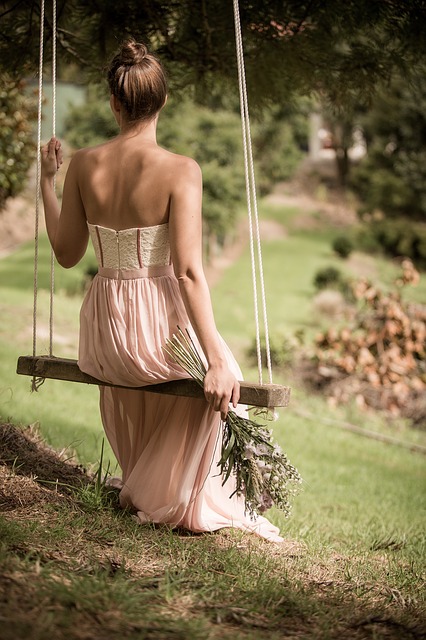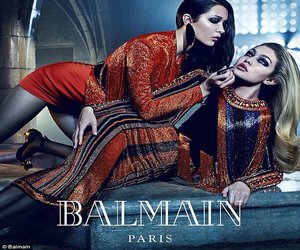Luxury Fashion and Sustainability: Is it Possible?

The topic of whether luxury fashion can make a change towards sustainability is something many people have questioned. The word ‘luxury’ infers elegance, rarity, and high quality, whereas many people imagine ‘sustainability’ to have connotations of less sophisticated materials, overused patterns and designs, and being off-trend.
Fashion rolls with the seasons, and yet sustainability is often placed hand in hand with reusing and recycling old items, rather than replenishing your wardrobe with the new. So the question remains: is it possible for someone to maintain an element of luxury in their wardrobe, and still make environmentally friendly, ethical and sustainable choices?
Boycotting fast fashion
Unlike lower-end fashion, luxury fashion surprisingly has far more scope for sustainability, due to the need for exclusivity. Mass-produced high street fashion trends are an outlet that depend on much less ethical and non-environmentally friendly conditions, such as the use of factories that produce toxic emissions and run primarily on greenhouse gases.
Under these circumstances, the aim of production is to put quantity above quality, meaning large capacities of the same products are produced in cut cost conditions, in order to keep the prices lower for the consumer.
Luxury fashion, however, tends to favor much more exclusive manufacturing techniques, with many products being produced in limited lines by sought-after designers. The further that a consumer can step away from fast fashion, and make use of these kinds of independent designers, the more sustainable their fashion choices are likely to be.
Choosing ethical designers
When it comes to choosing where you purchase your clothing from, thorough research into the sourcing and manufacturing processes of the company or designer will give you all the insight you need into their moral and ethical values.
Many high-end designers now accept accountability for the manufacturing of their products: for this reason, a large majority of them will choose to only work with farmers under fair trade policies and will make the conscious decision to source sustainable products and reduce their carbon emissions.
This is a great step forward for ecological luxury fashion, as now that people can find everything from ethically sourced women’s cashmere to sustainably made dress shoes, it offers people more autonomy over their clothing and the companies that they choose to give their business to.
Sustainable materials
One of the biggest problems with mass-produced luxury fashion is that polyester and other synthetically manufactured resources are some of the most commonly used materials in clothing. Not only do these products have a high environmental impact on the atmosphere when they are produced, but they may also release harmful microfibers into the waterways when they are washed.
Additionally, these materials tend to be less long-wearing than natural materials, meaning that they find their way into landfill sites in a much shorter space of time than more sustainable materials. Due to the fact that high-end products are also more widely coveted, they are more likely to be purchased second hand in the future once their initial owners no longer want to make use of them.











1 Comment